ACTIVAT: How genomics research and crop rotations could reduce GHGs

Crop Rotations, Genomics and Reducing the Costs of Crop Production It’s a real quandary. Food producers are feeling increasing pressures to deliver high crop yields to meet increasing public demand, while at the same time, facing pressures to reduce greenhouse gas emissions on the farm. Now, researchers are looking at crop rotations and new crop […]
BENEFIT: How soil microbes hold a key in reducing GhG emissions
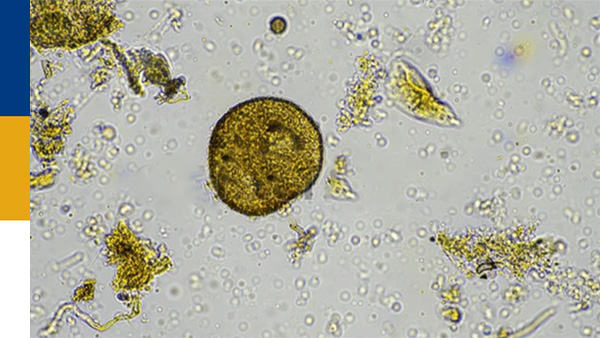
They’re Invisible. They’re Everywhere. And They May Be the Next Big Thing in Farming. Microbes. They’re tiny. They are entirely invisible to the human eye and everywhere on Earth. Microbes cover every surface and flourish in the most inhospitable environments, ranging from many kilometres beneath the Earth’s crust to the deepest depths of the Pacific […]
GG4GHG: The role of grasslands in reducing future carbon emissions

Grasslands and Biodiversity: The Next Big Environmental Challenge for Planet Earth The Grasslands Genomic Project, part of Genome Canada’s Climate-Smart Agriculture and Smart Food initiative, is examining the fascinating and delicate grasslands ecosystem, which could hold the key for future food production that generates lesser carbon emissions. By Genome Prairie staff When Dr. Jonathan Bennett, […]
Genome Prairie Appoints New Program Coordinator
Genome Prairie is pleased to announce the appointment of Jelene Pugoy as Program Coordinator. Ms. Pugoy brings with extensive professional experience, and focus on environmental and social sustainability. A graduate from the University of Manitoba where she earned a Bachelor of Environmental Design from the Faculty of Architecture, , Ms. Pugoy previously worked as a […]
Can Genomics Better Diagnose Patients with Ovarian Cancer? Researchers in Saskatchewan Believe Precision Diagnosis Could Improve Outcomes
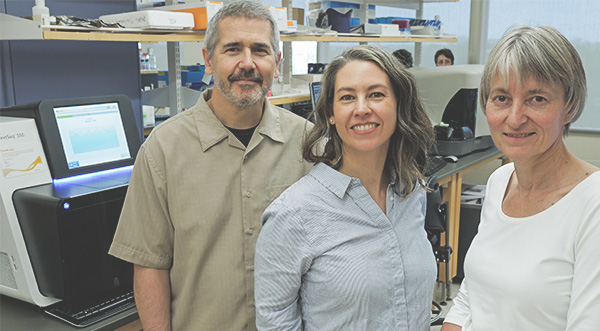
Often difficult to treat, ovarian cancer is a leading reproductive disease among Canadian women. Now researchers at the University of Saskatchewan, the Saskatchewan Health Authority, the Saskatchewan Cancer Agency and other funding partners are collaborating to use genomics better to diagnose patients towards more effective therapies. Every year, thousands of Canadian women receive an ovarian […]
COVID’s Next Big Impact?
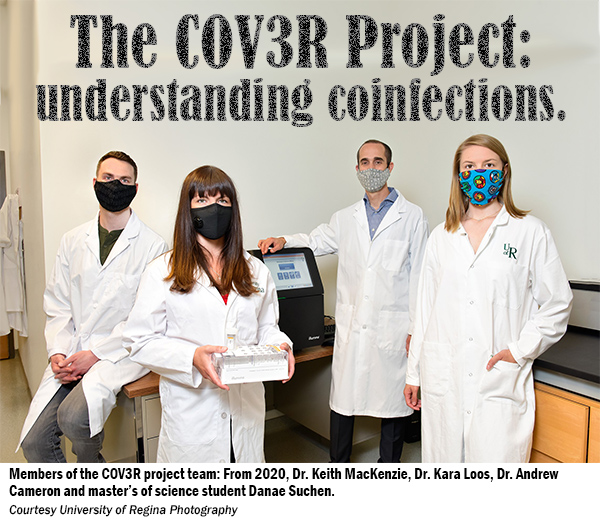
Nearly three years since SARS-COVID-19 (conventionally referred to as ‘COVID’) was declared a global pandemic, much of the world is returning to a sense of normality. While the rate of death from the coronavirus may have decreased, researchers like Dr. Andrew Cameron are helping Canada and the world prepare for another near-term COVID threat: coinfections.
Genome Prairie’s GENICE II: How Genome Sequencing is Aiming to Better Protect Canada’s Arctic Environment
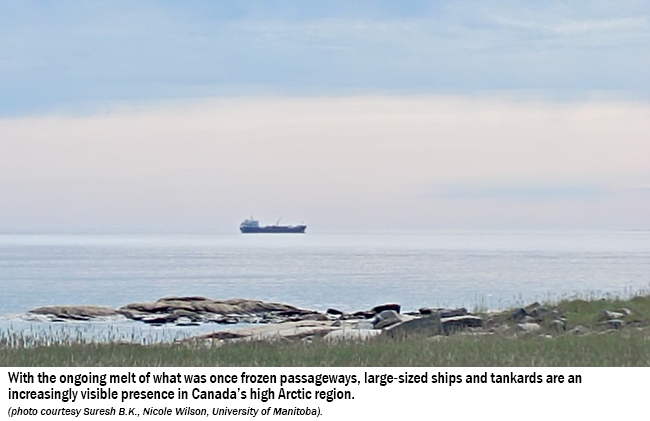
The world is warming, and the Canadian Arctic is (literally) melting. Northern passages through seaways once ice-bound and nearly unpassable, are opening to ship traffic. Increasing traffic means a higher risk for accidents like oil and fuel spills. Now researchers from the University of Manitoba are experimenting with portable genome sequencing tools and working with Arctic indigenous communities to help meet the challenge of a changing Arctic environment.
How SARS-COV-2 Transformed Capacity in the Prairies
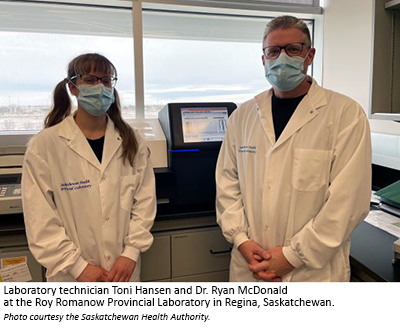
The World Health Organization declared a pandemic. SARS-CoV-2 was spreading through the population, and the systems in place to understand the virus were facing a seemingly insurmountable challenge. Within weeks, the CanCOGeN project turned Saskatchewan and Manitoba public health laboratories into world-class centres for infectious disease genomics.
Quality above Quantity: How Cutting-Edge Lentil Genomics is Poised to Change the Face (and Profitability) of Canadian Agriculture
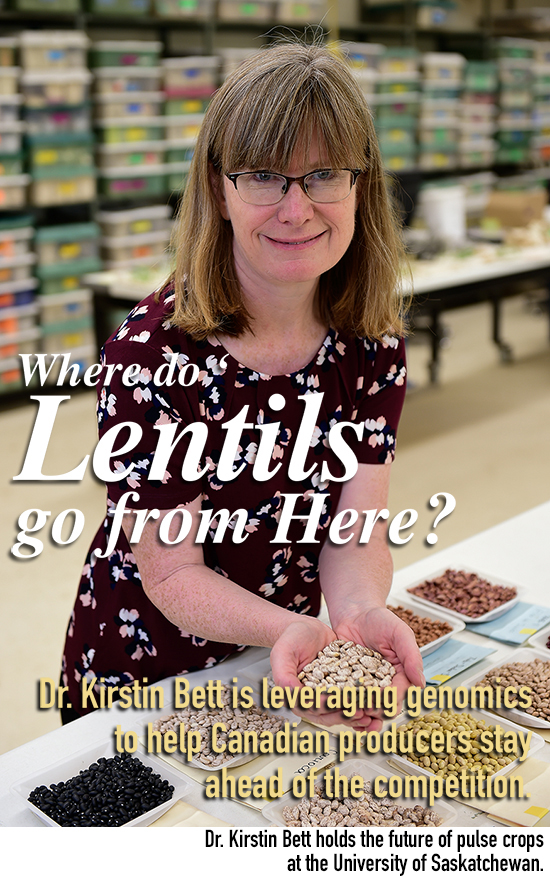
Intense genomic research at the University of Saskatchewan Crop Production Centre is helping to keep Canadian pulse producers ahead of intense…
Genome Prairie Announces Launch of $30 Million Pan-Canadian Climate-Smart Agriculture and Food Systems Initiative
$30 Million Pan-Canadian Climate-Smart Agriculture and Food Systems initiative

